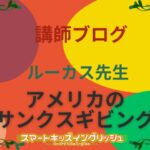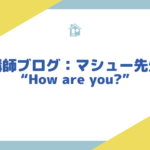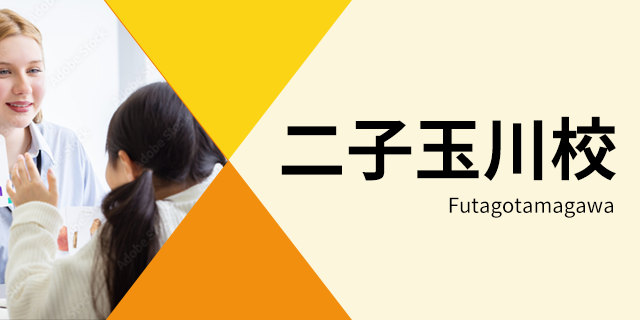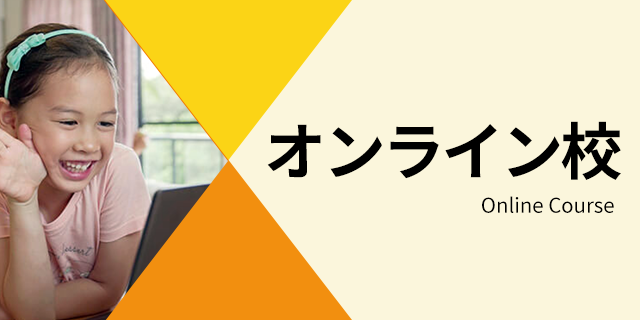(下に日本語訳があります)
There are times when students are trying to figure out how to say something in English. They think and describe what they are talking about as they wonder what the English word could possibly be. As they hear the answer they were looking for, they realize that it’s the same word in Japanese because English sometimes uses words from other languages. The words are usually names or something that can be found in one place.
Some words that are in Japanese are also used in English. According to the Oxford Dictionary, there are 552 Japanese loanwords in the English language. Congratulations! If you speak Japanese then your English vocabulary has increased! These are words that are in Japanese, but we also use the same word in English – usually with English pronunciation. Some common examples are: “anime”, “manga” and “tsunami”. Most Japanese foods such as “ramen”, “sushi”, “oden” or “soba” can be used in English because they are from Japan. Words from Japanese culture such as “samurai”, “kimono” or “geisha” can also be used because they are only in Japanese culture.
Some words were adopted from Japanese and are used in everyday English. These include “emoji” as well as “karaoke”. The pronunciation of some words does change. The word “karate” is pronounced with an English “r” sound and instead of the Japanese “te”, we say it with the sound of “tea”. “Karaoke” is totally different and is pronounced like care-ee-oh-key. Additional words have been added to English from Japanese such as “isekai” and you might even hear some people use it in a verb form as “isekaied” meaning being sent to a different world. An additional word that is not the same is “futon”. A Japanese futon is a bed on the floor whereas a futon in America is a sofa that folds out into a bed.
There are many words in English that come from different languages and Japanese is no exception. The usual rule of thumb is if the word is from Japan in culture, food or a name, then we can use the Japanese word. The pronunciation might be different, but it is the same word and we can use it in English!
Lucas
学生が「これ英語で何て言うんだろう?」と考えながら、頭の中で言いたいことを説明しているときがあります。そして答えを聞いたときに、「あれ?日本語と同じじゃん!」と気づくことがあります。これは英語が他の言語から単語を借りることがあるからです。そうした単語はたいてい名前や、その国にしかないものです。
日本語の単語の中にも、英語でそのまま使われているものがあります。オックスフォード辞典によると、英語には552語の日本語由来の単語があるそうです。おめでとうございます!日本語を話せるなら、すでに英語の語彙が増えているということです!これらは日本語の単語ですが、英語でも同じ単語を使います(ただし発音は英語風になります)。有名な例は「anime(アニメ)」「manga(マンガ)」「tsunami(津波)」です。日本の食べ物である「ramen(ラーメン)」「sushi(寿司)」「oden(おでん)」「soba(そば)」なども、英語ではそのまま使われます。また、「samurai(侍)」「kimono(着物)」「geisha(芸者)」といった日本文化の言葉も使われます。
さらに、日本語から取り入れられて日常的に使われる英単語もあります。「emoji(絵文字)」や「karaoke(カラオケ)」などです。単語によっては発音が変わります。「karate(空手)」は日本語の「ラ」ではなく英語の“R”で発音され、また「te」は「テ」ではなく「ティー」と発音されます。「karaoke」はまったく違い、「ケアリーオーキー」のように発音されます。他にも「isekai(異世界)」のような言葉が英語に入り、最近では動詞化して「isekaied(異世界に飛ばされた)」のように使う人もいます。また「futon(布団)」という単語もありますが、意味が日本とアメリカで違います。日本では床に敷いて寝る布団ですが、アメリカではソファーベッドのことを指します。
英語にはさまざまな言語から入ってきた単語がありますが、日本語もその一つです。基本的なルールとしては、日本の文化・食べ物・名前に関する単語は、そのまま日本語を英語で使うことができます。発音は違うかもしれませんが、同じ単語として英語でも使えるのです!
ルーカス先生:先生紹介








